By uniting the remarkable skills of our barristers with our award-winning technology,
we've established one of the largest and most accessible barristers' chambers in England & Wales, serving every court in the country.

The very cornerstone of our chambers, our TBG House barristers are experts in more than one area of law, with a vast breadth of knowledge, skill and experience.

From commercial litigation to company law to contract law, our specialist commercial barristers provide outstanding advocacy and advisory in all areas of commercial law
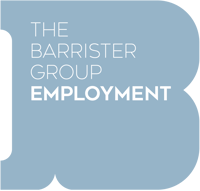
From simple dismissals to complex equal pay matters, our specialist employment barristers represent clients from various backgrounds and industries.

Our specialist family barristers are known for their professionalism and approachability, trusted in divorce-related finances, child custody, property disputes, adoption, and more.
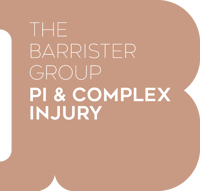
Our personal and complex injury barristers handle cases including RTA, workplace injuries, medical malpractice and catastrophic injuries.
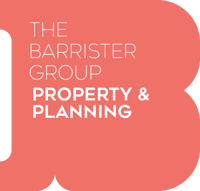
Our property and planning barristers have extensive expertise in real estate, land disputes, planning and property law, offering clients tailored advice and representation for a wide range of property-related matters.
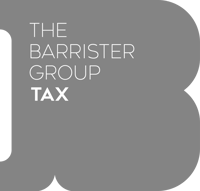
Our barrister are experts in advising and litigating a comprehensive spectrum of UK tax issues, alongside select offshore tax matters. The team can adeptly handle diverse tax-related concerns, including judicial review, company transactions, and trust matters.
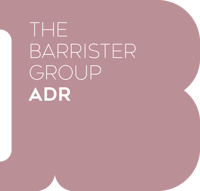
Our ADR team is exceptional, with unparalleled expertise in resolving disputes, fostering harmony, and delivering exceptional results with professionalism and compassion.
Get the latest news and trends on Inbound Marketing



















